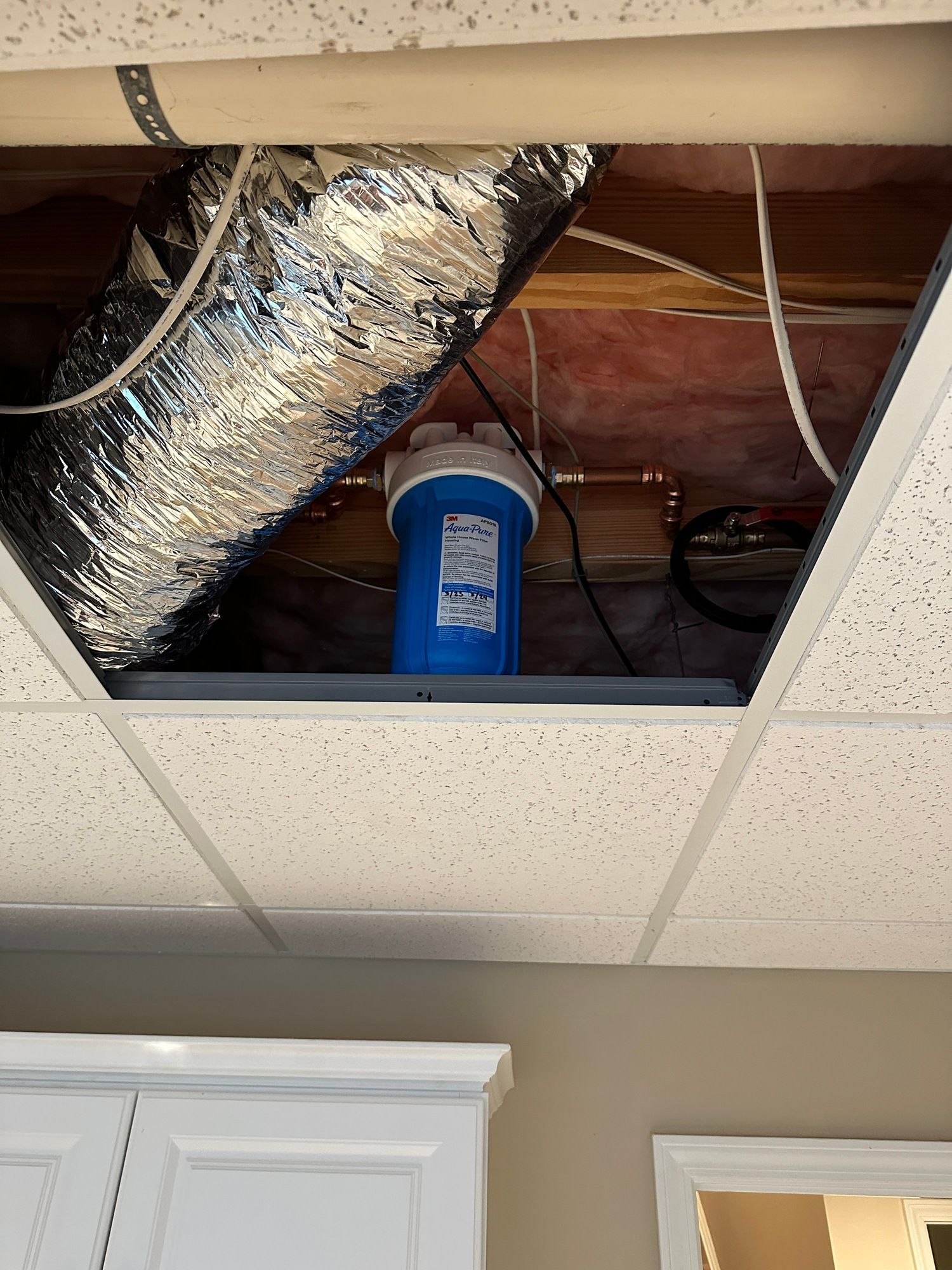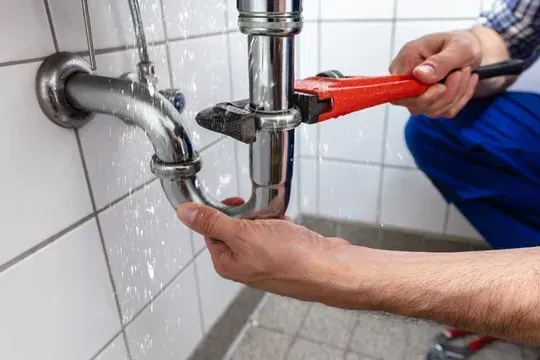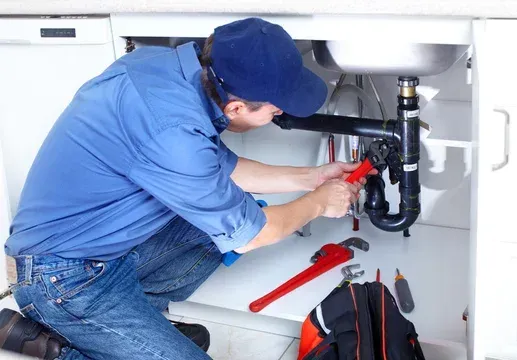Quenching Atlanta's Thirst: The Critical Need for Water Filtration in Georgia's Capital

Atlanta, Georgia, known for its vibrant culture and bustling city life, faces a crucial challenge that often goes unnoticed – the need for robust water filtration systems. As the population continues to grow and industrial activities expand, ensuring the availability of clean and safe water has become more imperative than ever. This article explores the reasons behind the escalating demand for water filtration Atlanta and the measures required to address this pressing issue.
Population Growth and Urbanization:
- Atlanta has experienced significant population growth and urbanization over the years. With more people residing in the city, the water demand has skyrocketed. As the city expands, so does the strain on its water resources. Proper water filtration is essential to meet the increasing needs of a growing population and maintain public health standards.
Industrial Expansion:
- The industrial landscape in Atlanta is thriving, contributing to the city's economic development. However, industrial activities often release pollutants into water sources, posing a threat to both the environment and public health. Effective water filtration systems are essential to mitigate the impact of industrial discharges and ensure that the water supply remains safe for consumption.
Agricultural Runoff:
- Georgia's agricultural sector plays a crucial role in the state's economy. However, agricultural runoff containing pesticides and fertilizers can contaminate water sources. Implementing advanced water filtration technologies is vital to remove these contaminants and safeguard the quality of the water supply.
Aging Infrastructure:
- Atlanta, like many other cities, grapples with aging water infrastructure. Outdated pipes and treatment facilities can compromise the quality of the water distributed to households. Investing in modern water filtration systems is imperative to upgrade the city's infrastructure and guarantee a reliable supply of clean water to its residents.
Emerging Contaminants:
- As our understanding of water contaminants evolves, new threats emerge. Substances like pharmaceuticals and microplastics, once overlooked, are now recognized as potential risks to water quality. Up-to-date water filtration systems are essential to effectively remove these emerging contaminants and ensure that the water supply remains safe for consumption.
A Guide to Different Types of Water Filters in Atlanta, Georgia
In the heart of the Southern United States, Atlanta, Georgia, grapples with the imperative task of ensuring its residents have access to clean and safe water. As concerns about water quality continue to rise, the use of water filters has become increasingly prevalent. This article serves as a guide to the diverse types of water filters available in Atlanta, offering insight into their functionalities and benefits.
Activated Carbon Filters:
- Activated carbon filters, commonly found in pitcher-style and faucet-mounted filters, are renowned for their ability to absorb impurities and contaminants. These filters excel in removing chlorine, volatile organic compounds (VOCs), and unpleasant odors, providing a noticeable improvement in the taste and odor of tap water.
Reverse Osmosis Systems:
- For those seeking a more comprehensive water purification solution, reverse osmosis systems are a popular choice. These systems utilize a semipermeable membrane to remove impurities, bacteria, and even tiny particles, ensuring a high level of water purity. While slightly more complex to install, reverse osmosis systems offer unparalleled filtration efficacy.
UV Water Purifiers:
- Ultraviolet (UV) water purifiers utilize UV light to disinfect water by inactivating bacteria, viruses, and other microorganisms. Widely employed in conjunction with other filtration methods, UV purifiers are effective in rendering water microbiologically safe without altering its taste or odor.
Ceramic Filters:
- Known for their durability and effectiveness, ceramic filters are particularly adept at removing sediment, bacteria, and protozoa. Found in various portable and gravity-fed systems, these filters are ideal for outdoor enthusiasts and those in areas with unreliable water sources.
Whole House Water Filtration Systems:
- For a comprehensive approach to water filtration, whole house systems are installed at the point of entry, ensuring that all water entering the home is treated. These systems often combine multiple filtration methods, including sediment filters, activated carbon, and sometimes UV purification, providing clean water for all household needs.
Inline Water Filters:
- Designed to be installed directly in water lines, inline filters are practical solutions for refrigerators, ice makers, and under-sink applications. They effectively remove sediment, chlorine, and other contaminants, enhancing the quality of water dispensed through these appliances.
The need for water filtration Atlanta, Georgia, is not just a matter of convenience; it is a critical necessity for the well-being of the city's residents and the sustainability of its growth. Addressing the challenges posed by population growth, industrial expansion, agricultural runoff, aging infrastructure, and emerging contaminants requires a comprehensive approach. By investing in advanced water filtration technologies and implementing sustainable water management practices, Atlanta can secure a cleaner, safer water supply for current and future generations.
You might also like
Book a Service Today
We will get back to you as soon as possible
Please try again later
Quick & Reliable
Emergency Plumbers Atlanta: Count on Prescher Plumbing Service for 24/7 urgent plumbing assistance. Our dedicated team ensures top-tier customer service, ensuring a swift response with just one call.

Atlanta and the surrounding areas leading professional plumbing service since 2022.
Navigation
Working Hours
Monday-Friday 8am - 6pm
Edit Google Reviews Widget
All Rights Reserved | Prescher Plumbing Service



